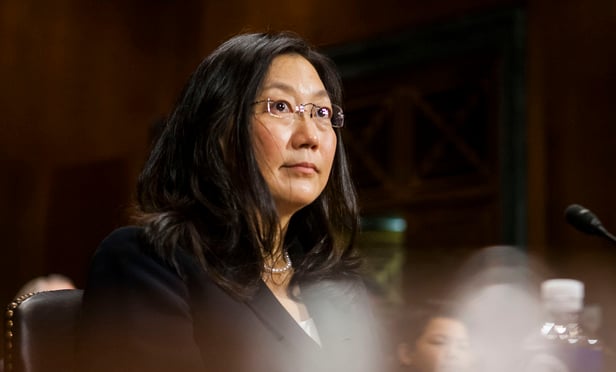In a ringing preliminary win for Apple and the Federal Trade Commission, a federal judge will allow antitrust claims to proceed against Qualcomm Inc. based on a theory that the chip giant combined its monopoly over cellphone chip supply with its patent portfolio to extract inflated royalty rates.
U.S. District Judge Lucy Koh of the Northern District of California blessed the FTC’s theory that San Diego-based Qualcomm has violated Sections 1 and 2 of the Sherman Act by using its monopoly power over high-end modem chips to impose unfair royalty rates on smartphone makers and block out chip competitors.
Qualcomm violates its contractual obligation to license its standard essential patents on fair and reasonable terms “twice over,”
Koh wrote, “by not licensing its competitors and by threatening to withhold its chips” to induce smartphone makers to overpay for licenses. The FTC adequately pleaded that Qualcomm uses those tactics “to extract a higher price for Qualcomm’s own modem chips without being underbid in the modem chips market by competing modem chips manufacturers.”
Koh’s decision in
FTC v. Qualcomm, issued
Monday evening, is the first major judicial ruling in a trio of antitrust actions being waged against Qualcomm in California courts. Apple is suing Qualcomm in San Diego federal court, and a group of consumer and investor class actions are also being litigated in Koh’s courtroom.
The FTC is represented by attorneys from its Bureau of Competition including Jennifer Milici. Qualcomm is represented before Koh by Cravath, Swaine & Moore; Morgan, Lewis & Bockius; and Keker, Van Nest & Peters.



